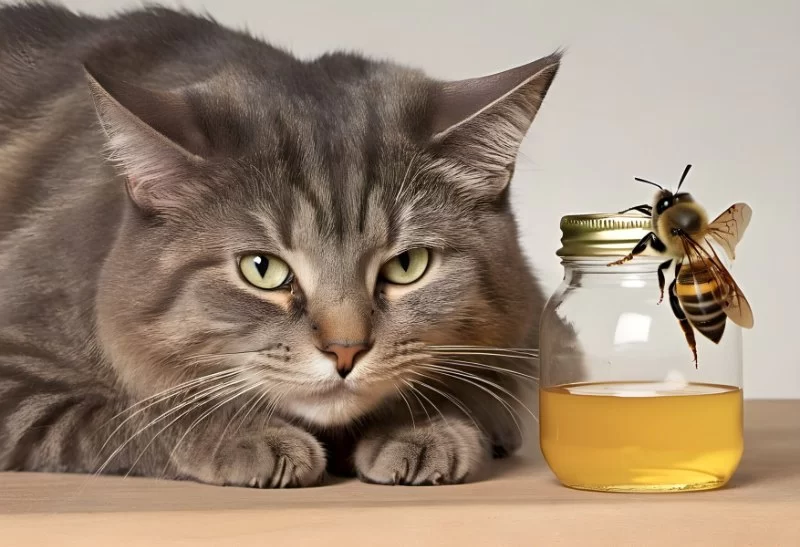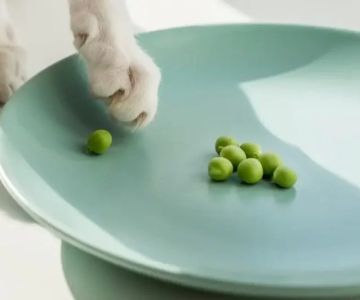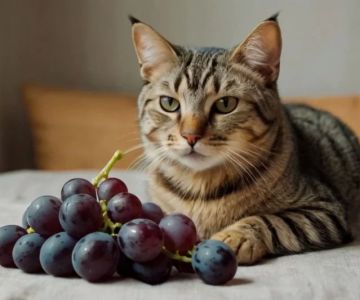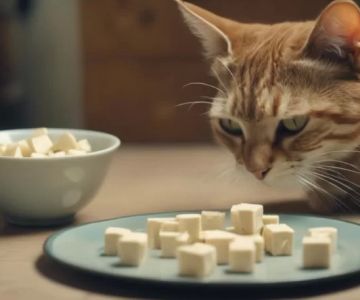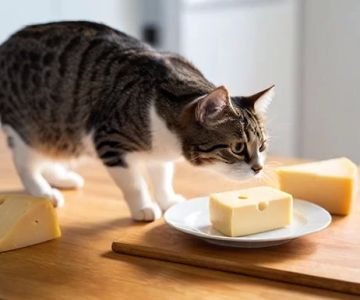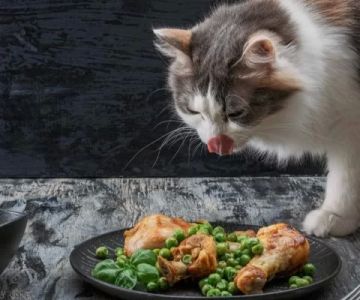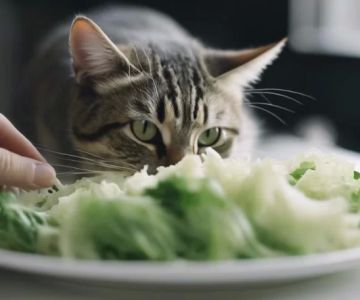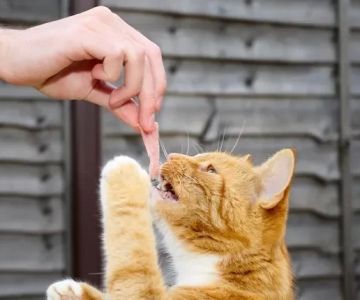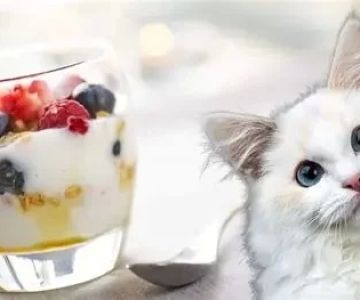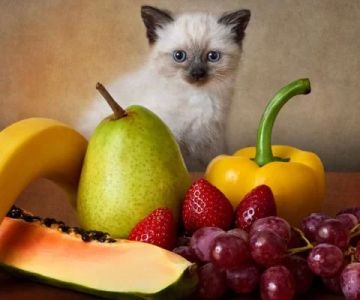- 1. What Is Honey Mustard and Why Do Cats Like It?
- 2. Can Cats Eat Honey Mustard?
- 3. Dangers of Honey Mustard for Cats
- 4. Safer Alternatives to Honey Mustard for Cats
- 5. When to Seek Veterinary Help for Your Cat
1. What Is Honey Mustard and Why Do Cats Like It?
Honey mustard is a popular condiment that combines the tang of mustard with the sweetness of honey. It’s often used in salads, sandwiches, and as a dipping sauce for various foods. Many people enjoy its unique flavor, and it’s easy to understand why cats may find it intriguing. Cats are curious creatures, and the sweet and tangy taste of honey mustard can attract them. However, just because a cat shows interest in a human food doesn’t mean it’s safe for them to eat.
In fact, many foods that are safe for humans can be harmful to pets. While a small lick of honey mustard might not cause immediate harm, it’s essential to understand the potential risks of feeding your cat this condiment.
2. Can Cats Eat Honey Mustard?
The simple answer is: it’s not advisable. While honey mustard is not directly toxic to cats, it does not provide any nutritional benefit and could be harmful depending on the ingredients. Cats are obligate carnivores, meaning they thrive on a diet that is primarily meat-based. They do not need sugary, salty, or processed foods like honey mustard.
Honey mustard contains ingredients that could potentially upset your cat’s stomach. Cats have delicate digestive systems, and foods high in sugar or mustard seeds could lead to digestive upset, vomiting, or diarrhea. Additionally, some commercial honey mustard products contain added preservatives and chemicals that are not safe for feline consumption.

5363 Peters Creek Rd, Roanoke, VA 24019, USA
See Details3. Dangers of Honey Mustard for Cats
While honey mustard may not pose an immediate threat to your cat’s health, there are several risks to consider:
- Sugar Content: Honey mustard often contains sugar, which is not suitable for cats. High sugar intake can lead to obesity, diabetes, and dental problems.
- Mustard Seeds: Mustard seeds, which are a primary ingredient in mustard-based condiments, can cause gastrointestinal irritation in cats. In some cases, mustard can even be toxic to pets in large amounts.
- High Salt Levels: Some versions of honey mustard contain high amounts of salt, which can lead to sodium poisoning in cats if consumed in large quantities. Symptoms of sodium poisoning include excessive thirst, urination, lethargy, and even seizures in extreme cases.
- Gastrointestinal Issues: The combination of mustard, honey, and other spices can upset a cat’s sensitive stomach. This could lead to discomfort, vomiting, or diarrhea, which may require veterinary intervention.
4. Safer Alternatives to Honey Mustard for Cats
If your cat is showing interest in your food, it’s important to offer them safe alternatives. Here are some healthy and safe treats for cats:
- Plain Cooked Meat: A small piece of cooked chicken, turkey, or beef is a great treat for your cat. These provide high-quality protein, which is essential for their diet.
- Catnip: Many cats enjoy catnip, which can stimulate their senses and provide entertainment. It’s completely safe for most cats and can be used as a treat or as an addition to their toys.
- Cat Grass: Some cats enjoy nibbling on cat grass, which can be found at pet stores. It’s a natural, safe treat that can help with digestion and provide additional nutrients.
- Commercial Cat Treats: If you want to reward your cat, opt for cat treats that are specially formulated for feline health. These treats are designed to be safe and nutritionally balanced for your pet.
Remember, when offering any new food to your cat, it’s important to monitor for any signs of discomfort or allergic reactions. Always consult your veterinarian before introducing new foods to your cat’s diet.
5. When to Seek Veterinary Help for Your Cat
If your cat consumes honey mustard or any other food that may be harmful, watch for symptoms of distress. If your cat shows any of the following signs, it’s important to contact your veterinarian:
- Vomiting or Diarrhea: If your cat begins vomiting or has diarrhea after eating honey mustard, it could be a sign of digestive upset.
- Excessive Thirst or Urination: These could be signs of salt poisoning or dehydration due to gastrointestinal issues.
- Changes in Behavior: If your cat becomes unusually lethargic, restless, or exhibits abnormal behavior, it could be due to an adverse reaction to the mustard or honey.
- Severe Symptoms: If your cat experiences severe symptoms, such as seizures or difficulty breathing, it’s essential to seek emergency veterinary care immediately.
At Hidden Brook Veterinary, we are committed to your pet’s health and well-being. If you suspect your cat has ingested something harmful, don’t hesitate to reach out to us for expert advice and care.

